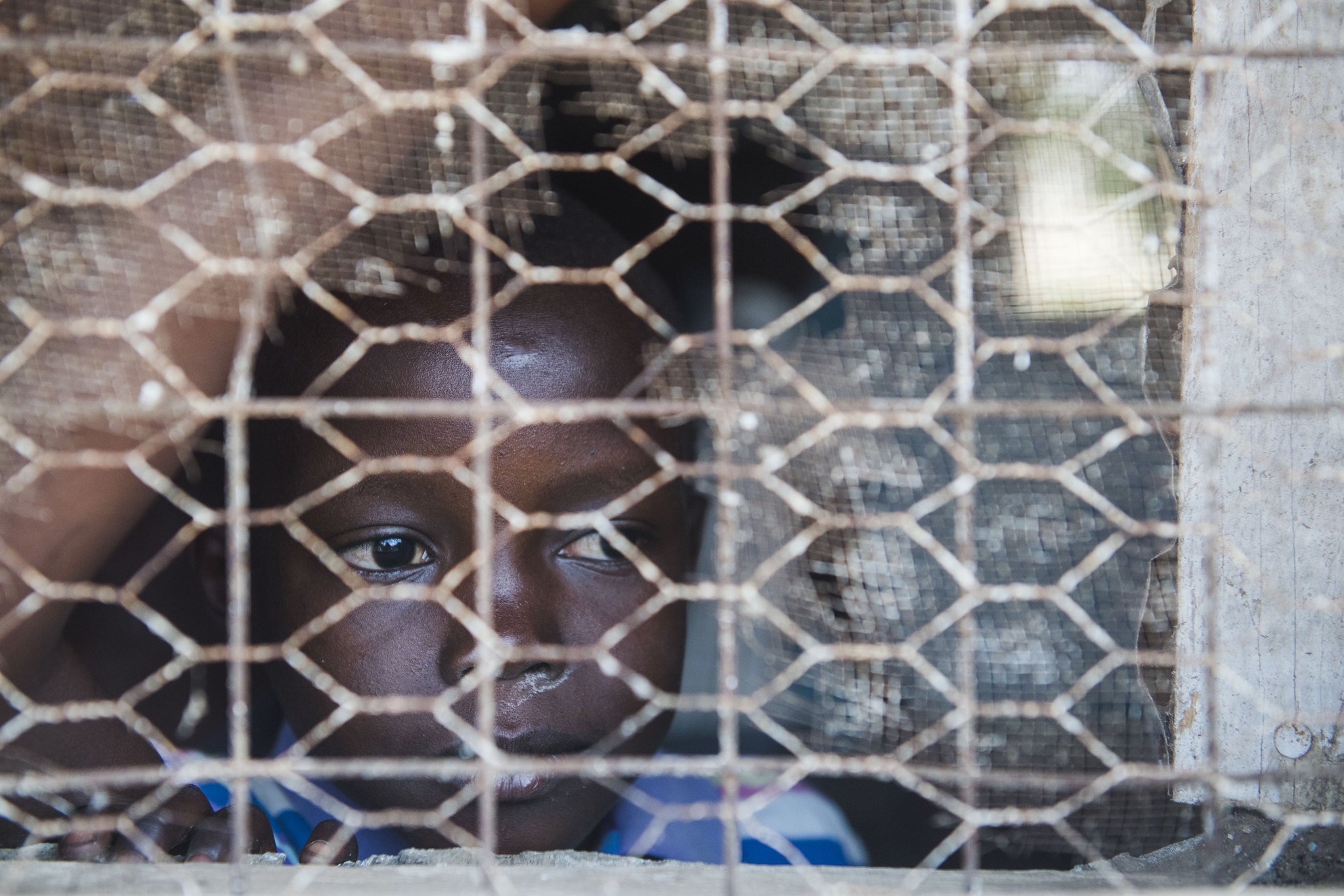


A joint initiative between the University of Bergen
and CMI – Chr. Michelsen Institute
South Sudan: the Way Forward
Bush Buse* (Whitaker Peace and Development Initiative), Kuyang Harriet Logo* (University of Juba), Sieta Adhieu Majok (activist), Munzoul Assal (Khartoum University), Lovise Aalen (CMI), and Endre Stiansen (MFA).

In November 2019, we have seen yet another setback in the process of creating peace in South Sudan. The two leaders, President Salva Kiir and his rival Riek Machar, failed to form a unity government as agreed in a peace deal from August 2018. A report by United Nations experts monitoring sanctions on South Sudan claims that Salva Kiir is recruiting up to 10.000 new fighters to his own security force, to the contrary of the agreed aim of creating a unified national force under one integrated command.
Since the outbreak of civil war in 2013, the conflict in Africa’s newest nation has produced high numbers of internally displaced peoples and several humanitarian crises. For those who had hoped for a better future for independent South Sudan, the developments in the country has been a massive disappointment.
Behind these daunting headlines, however, there are individuals who have not stopped believing that there is a future for and in South Sudan, who continuously work for a better life for their fellow citizens. In this seminar, we have the privilege to listen to some of these voices.
Bush Buse
(TBC)
is a program coordinator at the Whitaker Peace and Development Initiative. He also runs the Take Tea Together initiative, an event that brings together hundreds of youth under the Gurei Peace Tree, Juba, for peace tea, comedy, interactive discussions and other activities.
Kuyang Harriet Logo
(TBC)
is a PhD fellow at the Centre for Peace and Development Studies, University of Juba. She works on transitional justice and explores ways in which access to justice can be assured in times of conflict and post-conflict.
Sieta Adhieu Majok
has a masters in microbiology and an interest in public health. She is a South Sudan analyst, writer and activist, and her current interests include promotion of peace, girls and women’s rights and youth inclusion in South Sudanese politics.
Munzoul Assal
is a professor of Social Anthropology at Khartoum University in Sudan. He has closely followed the developments in Sudan after the fall of Bashir, and looks at how this transition may have consequences for the prospects of peace in South Sudan.
The conversation is lead by CMI research director
Lovise Aalen
and commented upon by Norway’s Special Envoy to Sudan and South Sudan and historian,
Endre Stiansen
.
All are welcome!
Go to webpage
